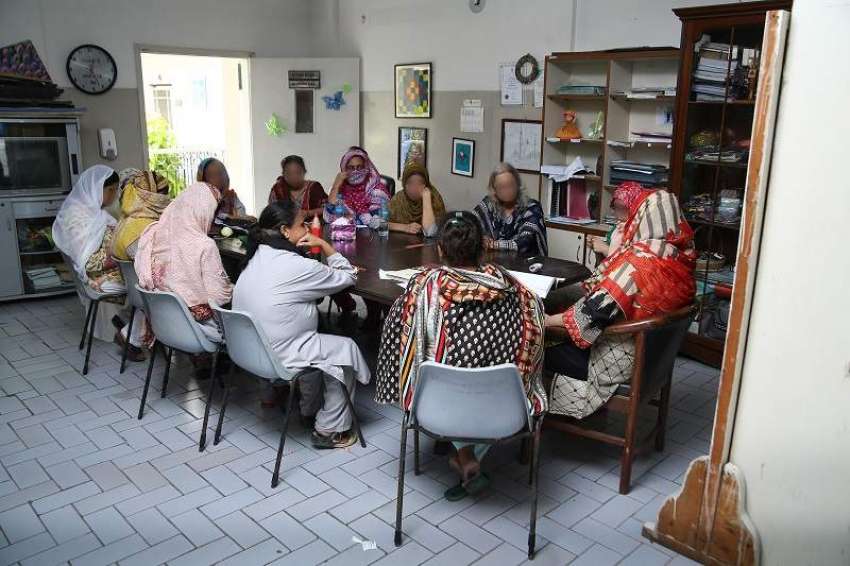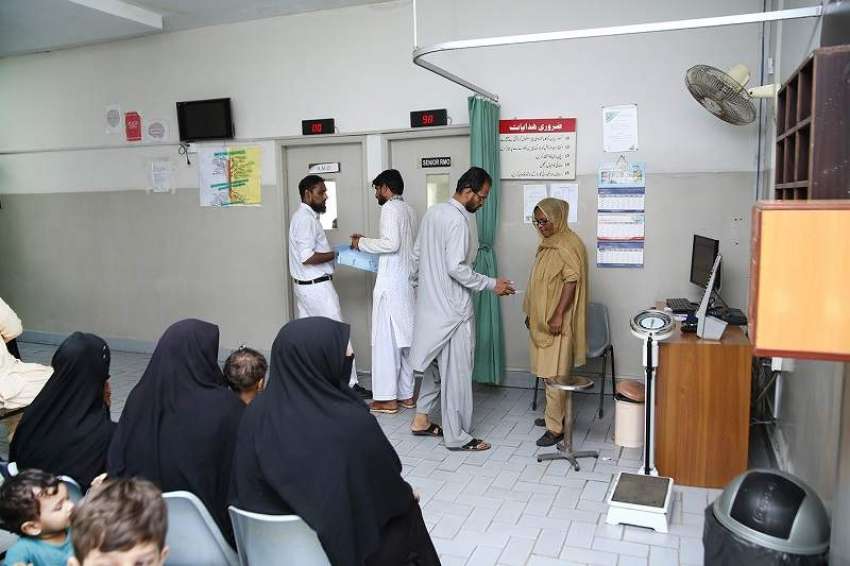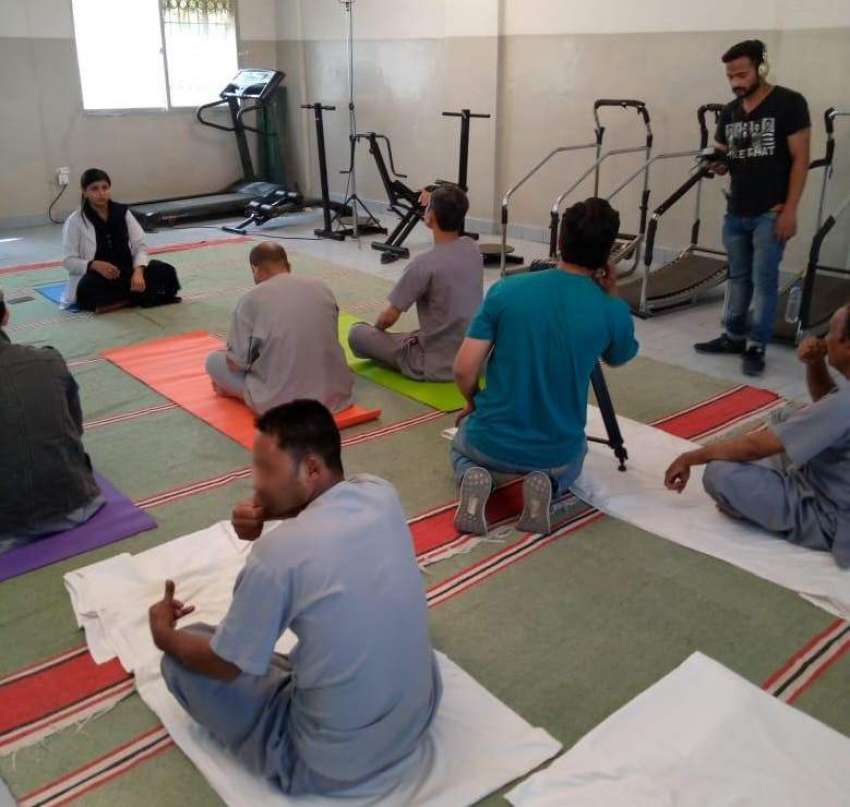A neglected global priority – highly stigmatized, under-resourced and under-researched stands the mental health, which is on the verge of rising at an alarming level in today’s world
Islamabad (Pakistan Point News - 01st May, 2020) A neglected global priority – highly stigmatized, under-resourced and under-researched stands the mental health, which is on the verge of rising at an alarming level in today’s world. For Pakistan, a low income country, which faces major health concerns, such as T.B, polio, HIV/AIDS and dengue outbreaks, man-made and natural disasters, and a struggling economy, theprioritization of mental health is a testament in itself.

Estimates by researchers reveal that that at least 10 to 16 percent of the country’s total population (207.74 million) suffers from mild to moderate psychiatric illnesses – and this was the condition before the world fell in the pith of COVID-19. In Pakistan, there is one psychiatrist for every 33,000 persons suffering from a mental disorder, as per a study conducted by the World Health Organization (WHO) in 2009 in collaboration with the government. It is worthwhile to note that the official reported stats are itself a decade long-standing. There are only five mental hospitals in the country, which are organizationally integrated with mental health outpatient facilities. In addition, there are 0.02 beds for persons with mental disorders in forensic inpatient units, and 1,620 beds in other residential facilities, such as homes for persons with mental retardation, detoxification inpatient facilities, homes for the destitute and others.

Alone in Karachi, there are an estimated two million people who suffer from mental, emotional, intellectual or social adjustment disorders. Out of these, according to the Pakistan Association for Mental Health (PAMH), at least 0.3 million require urgent psychiatric/psychological attention. Having said this, post COVID-19, the situation is yet to be revealed.

Amid the pandemic, let me introduce you to Amna(name changed maintain confidentiality) who is 39 years old. A graduate of a renowned medical university, divorced twice and borne abortion after six months of the first marriage. She lost her parents at a tender age; her brothers and sisters have their own respective families. Amna suffers from Schizophrenia. She lost 15 years of her precious life just trying to reach the correct diagnosis. She was referred to Karwan-e-Hayat, Institute for Mental Health Care (KeH) by a family friend, who had heard of KeH’s holistic services. She in her words has a great belief in God. She likes the Yoga facilities and stitching training at KeH as the best part of her treatment. She likes the attitude of nurses and in the evenings they are her best companions. But how many people like Amna will have access to the correct diagnosis and treatment remains a question.

Researchers have already alerted the World leaders that there will be a sharp spike in the current levels of mental health in every country. People are struggling to cope with the current situation and fear – fear of the unknown haunts them. Finding the right door to knock is a challenge. The people of Karachi have hope – hope in the form of Karwan-e-Hayat, Institute for Mental Health Care where they can avail free / highly subsidized treatment and rehabilitation services under one roof. The services of KeH are at par with the international quality standard health treatment procedures. They continue to persevere to improve its services and provide relief to a multitude.
Mr. Zaheeruddin Babar, CEO - Karwan-e-Hayat, Institute for Mental Health, responding to a question said that public education and awareness campaigns on mental health can cope with the rising issues. He suggested daily healthy physical and mental activities play an important part during mental illness treatment and maintaining stress.
Future and continued studies exploring the psychiatric effects of COVID-19 worldwide are critical in understanding and treating affected populations.The pandemic is having a significant psychological impact worldwide as evidenced by continued reports of panic and fear along with heightened anxiety and depression reported in literature and the media.




